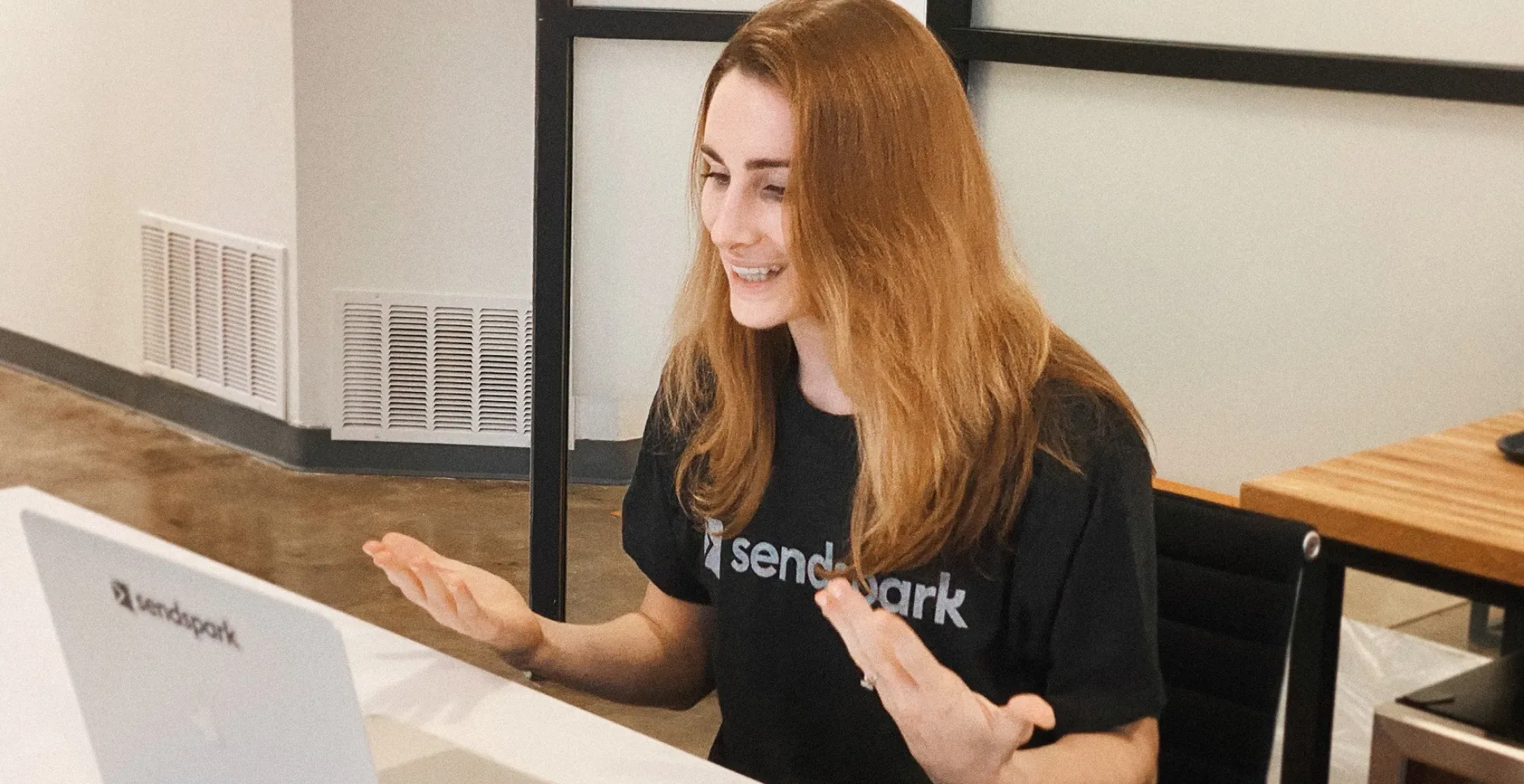How a Tourism Operator Avoided Penalties Through Proactive Compliance

Industry
Tourism / Adventure Tours
Region
Western Queensland
Company Size
Small Business (20-30 employees)
QLD Compliance Plan products used
Professional PlanThe Company
A Boutique Adventure Tour Operator in Western Queensland
Outback Tourism Adventures provides guided adventure tours and experiences in Western Queensland's outback regions. Founded in 2015 by experienced outdoor guides Jason and Kira Williams, the company specializes in multi-day tours that showcase the natural beauty, cultural heritage, and unique wildlife of Queensland's outback. From their base in Longreach, they operate a range of experiences—from family-friendly eco-tours to more adventurous hiking and camping expeditions.
With 28 employees—including 20 tour guides and field staff, plus 8 office personnel—Outback Tourism Adventures hosts approximately 3,500 guests annually. The company has built their reputation on personal, authentic experiences, and maintains a strong focus on sustainable tourism practices. As a tourism operator, they work with diverse groups of clients in remote settings, requiring both operational flexibility and clear safety protocols.
The Challenge
Anticipating Compliance Requirements in a Reputation-Sensitive Industry
When news of Queensland's upcoming sexual harassment prevention regulations first broke in industry publications, co-founder Kira Williams immediately recognized both a responsibility and an opportunity. "The tourism industry is especially sensitive to reputation issues," explains Williams. "Our business depends not only on providing safe experiences for our guests but also on being known for the way we care for both clients and staff. We've always had basic policies, but we knew they would need to be elevated to meet the new standards."
The tourism setting presented unique challenges for effective prevention. "Our team members often work in remote locations with overnight stays, and frequently interact with clients in informal settings," says Sam Nguyen, Operations Manager. "This creates situations that aren't typical of standard office environments. We needed a prevention plan that would address the specific scenarios our guides might encounter while maintaining the relaxed, friendly atmosphere that's essential to the experience we offer."
While many businesses were taking a wait-and-see approach to the new regulations, Outback Tourism Adventures wanted to be proactive. "We didn't want to just react to a deadline," says Williams. "We wanted to get ahead of the regulations and use the opportunity to strengthen our company culture and training. With the March 2025 compliance date, we actually set our internal target for September 2024—giving us a six-month buffer and allowing us to present our prevention focus as a positive feature to potential clients during our key booking season."
"We operate in a uniquely interpersonal industry where the line between professional and social interactions can sometimes blur. Our guides might share meals, campfires, and long journeys with clients. Creating clear standards that work in these settings without dampening the authentic experience was a real challenge. We needed guidelines that would address our specific context, not just generic office policies."Kira Williams, Co-Founder at Outback Tourism Adventures
The Solution
Proactive Implementation with Industry-Specific Focus
Outback Tourism Adventures selected QLD Compliance Plan's Professional Plan based on its flexibility and customization options. "What impressed us was that the platform didn't just offer generic templates—it had specific modules for tourism and hospitality environments," explains Nguyen. "We could address the unique aspects of our operations, like remote locations, overnight settings, and the blended professional-social nature of adventure tourism."
The company used the platform's risk assessment tools to evaluate each of their tour types and operating environments. "We looked at factors like our mixed-gender team composition, remote locations, and casual social environments to identify specific risk scenarios," says Williams. "The platform then guided us through creating response protocols and prevention measures tailored to those risks."
A key feature was the ability to create customized reporting mechanisms that worked in remote settings without internet access. "The platform helped us develop offline reporting forms that guides could complete when back in connectivity range," explains Nguyen. "We also created a clear escalation path for addressing any incidents, with defined roles for both field and office staff, ensuring nothing would fall through the cracks regardless of where our team members were operating."
The Results
From Compliance Requirement to Marketing Advantage
By implementing their prevention plan six months ahead of the regulatory deadline, Outback Tourism Adventures not only achieved full compliance well in advance but also turned it into a business advantage. "We began mentioning our comprehensive safety protocols—including our sexual harassment prevention plan—in our marketing materials and website," explains Williams. "For many of our clients, particularly school groups, corporate teams, and family tours, knowing that we have robust policies in place has become a meaningful differentiator."
This proactive approach has yielded measurable benefits. The company has seen a 12% increase in positive reviews specifically mentioning staff professionalism and safety protocols. They've also secured two major school group contracts that specifically cited their prevention plan as a deciding factor. "What started as a compliance requirement has become a competitive advantage," says Williams. "We're now viewed as an industry leader in creating safe, respectful adventure experiences."
The company has continued to refine their approach, making the prevention plan a central part of their guide training program. "Our prevention plan is now integrated into our overall safety and operations protocols," explains Nguyen. "We've incorporated scenario-based training exercises into our quarterly staff development sessions, ensuring our team is well-prepared to maintain appropriate boundaries while still delivering the authentic, friendly experience our guests expect. In this way, what began as regulatory compliance has evolved into a core element of our operational philosophy and brand identity."


